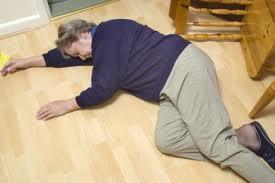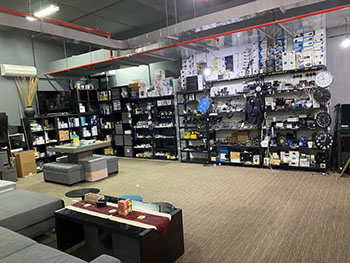Things That Cause the Elderly to Fall (Falls Among Older Adults)
Each year, one in every three adults age 65 and older falls.1 Falls can cause moderate to severe injuries, such as hip fractures and head traumas, and can increase the risk of early death.
How Serious is the problem?
- The risk of falling increases with age and is greater for women than for men.
- One out of three older adults (those aged 65 or older) falls each year.
- Among older adults, falls are the leading cause of both fatal and nonfatal injuries.
- Two-thirds of those who experience a fall will fall again within six months.
- In 2010, 2.3 million nonfatal fall injuries among older adults were treated in emergency departments and more than 662,000 of these patients were hospitalized.
- In 2010, the direct medical costs of falls, adjusted for inflation, was $30 billion.
Following are several factors that contribute to the fact that seniors fall so much more frequently than younger people:
- Decrepitude: Aging changes motion patterns which destabilize the human locomotion balance mechanism. Falls due to tripping in the elderly are the result of declines in the balance control function due to aging.
- Lack of Exercise: Failure to exercise regularly results in poor muscle tone, decreased bone mass, loss of balance, and reduced flexibility.
- Impaired vision due to Aging (Presbyopia) : This includes age-related vision diseases, as well as not wearing glasses that have been prescribed.
- Pharmaceutical Drug: Sedatives, anti-depressants, and anti-psychotic drugs, plus taking multiple medications are all implicated in increasing risk of falling.
- Medical Diseases: Parkinson’s disease, Alzheimer’s disease and arthritis cause weakness in the extremities, poor grip strength, balance disorders and cognitive impairment.
- Surgeries: Hip replacements and other surgeries leave an elderly person weak, in pain and discomfort and less mobile than they were before the surgery.
- Environmental hazards: One third of all falls in the elderly population involve hazards at home. Factors include: poor lighting, loose carpets and lack of safety equipment.
However, falls are not an inevitable part of growing older. Therefore, based on the fall prediction information, preventive or rehabilitative measures can be taken to prevent/reduce the happening of dangerous scenarios.
Many falls can be prevented, by making the home safer and using products that help keep seniors more stable and less likely to fall.









